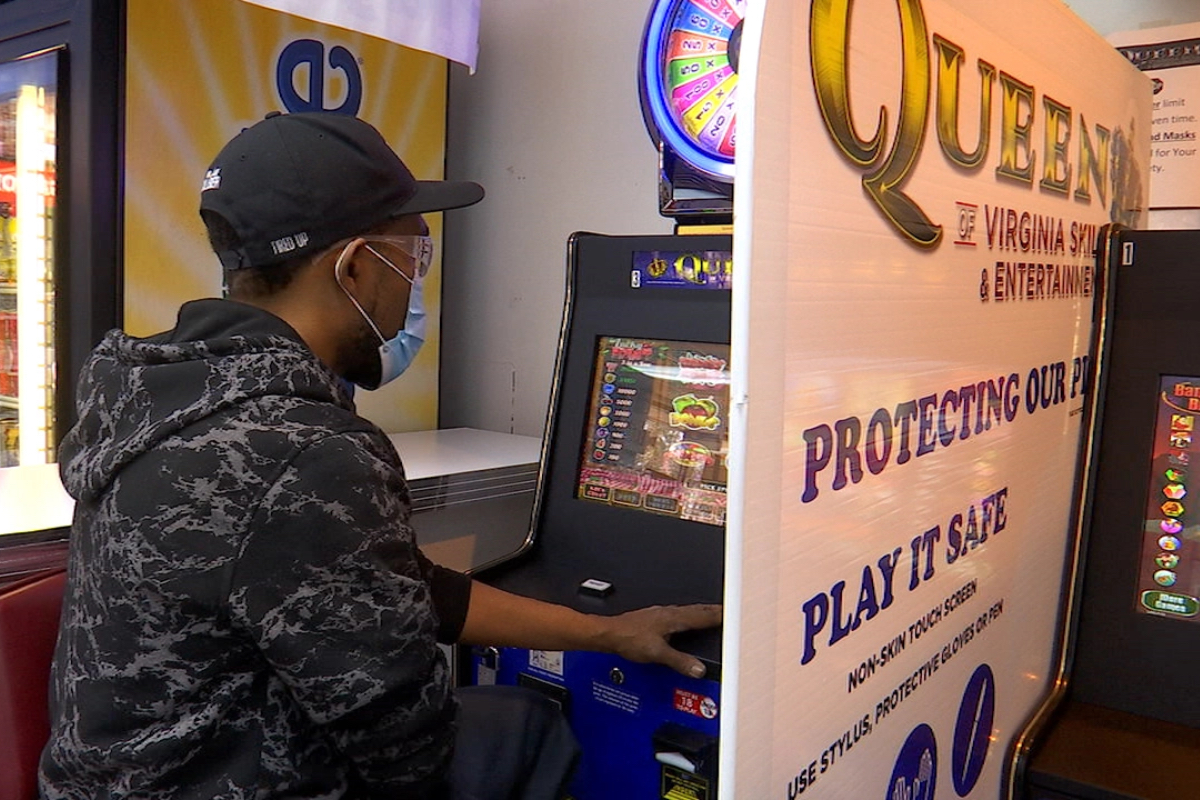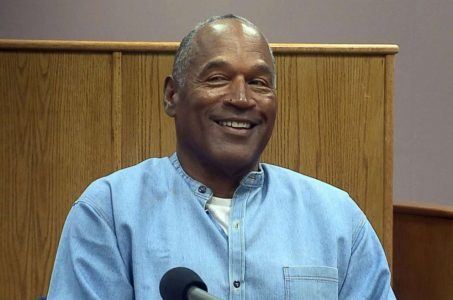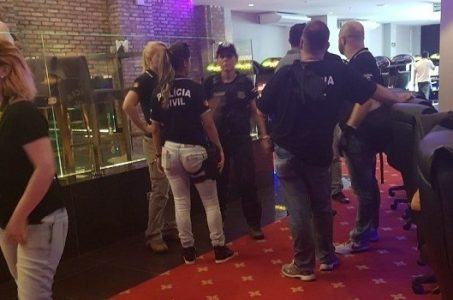Virginia Convenience Store Owners Allege Racism in Skill Gaming Ban
Posted on: June 29, 2021, 09:14h.
Last updated on: June 29, 2021, 11:32h.
Effective Thursday, July 1, skill gaming machines will become illegal under state law in Virginia. The Asian American Business Owners Association (AABOA) says the state’s ban on the controversial terminals is nothing short of racist.

AABOA represents roughly 200 convenience store owners, the majority of who identify as Indian.
In an 18-page complaint filed with Virginia Attorney General Mark Herring’s office, the AABOA argues that the state’s ban on skill gaming unfairly targets minorities.
Senate Bill 971, the law that the Virginia Legislature and Gov. Ralph Northam (D) passed earlier this year, defines skill gaming as illegal gambling effective July 1. It provides an exemption for “family entertainment centers.” Such venues that exist “for the primary purpose of providing amusement and entertainment to the public,” and offer coin-operated amusement games, can continue to house skill gaming devices.
In recent years, gaming has been embraced by the commonwealth when it is enjoyed by the privileged in fancy casinos or by children in ‘family entertainment centers,'” the AABOA complaint contends. “But that very same activity is not acceptable when offered by Asian American-owned convenience stores or enjoyed by minority or marginalized populations.”
The complaint is seeking Herring to issue an injunction to convenience store owners to allow them to continue operating skill gaming machines until legal challenges to SB 971 are resolved.
Pandemic Lifeline
Amid COVID-19, Virginia opted to legalize skill gaming and tax and regulate the machines. Small business owners, including hundreds of convenience store enterprises, said the gaming terminals were critical to help offset some of their lost revenue as a result of Americans traveling much less.
Business owners were required to pay the state a flat monthly $1,200 tax for each skill gaming machine they housed. But SB 971 only legalized gaming machines for one year. That year ends July 1, 2021.
“What we are looking for is a level playing field,” said Dharmendra Patel, president of the AABOA. Sen. Joe Morrissey (D-Richmond), who wanted to extend skill gaming another year until July 1, 2022, is supportive of the AABOA lawsuit.
“Do I think there is some discrimination going on? Yeah, I do,” the senator declared.
Skill Gaming Explained
They look like traditional slot machines to most, although they’re far less flashy than those found in Las Vegas casinos.
The primary difference between a skill and a slot machine is that the latter automatically informs a player when their spin wins. In skill gaming, the player must identify the winning payline, which is what constitutes the “skill” aspect. The games usually provide the player 30 seconds to identify winning lines.
Numerous Lawsuits Against Virginia
The AABOA complaint is one of several legal arguments regarding Virginia banning skill gaming devices in most businesses.
Last week, Hermie Sadler, a former NASCAR driver who owns several truck stops and restaurants in southern Virginia, filed a lawsuit against the state regarding the skill gaming prohibition. Sadler claims he will lose $750,000 in annual revenue without the gaming machines.
Additionally, the Norfolk Circuit Court is set to hear a case beginning tomorrow regarding a complaint brought by five owners of convenience stores in the city. That suit argues that business owners are protected from discriminatory laws under the Virginia Human Rights Act.
Related News Articles
Most Popular
VEGAS MYTHS BUSTED: Golden Gate is the Oldest Casino in Vegas
Las Vegas Overstated F1 Race’s Vegas Impact — Report
Most Commented
-
End of the Line for Las Vegas Monorail
— April 5, 2024 — 90 Comments -
Mega Millions Reportedly Mulling Substantial Ticket Price Increase
— April 16, 2024 — 6 Comments
















Last Comments ( 2 )
I think the machines, did absolutely no harm, except bring extra revenue for business owners, during the pandemic Situation.Who is it to judge that these machines did any harm to anyone, except provide, housing, clothing and food on the table for many! D.W.
Legalize!! Great for passing time n extra money sometimes